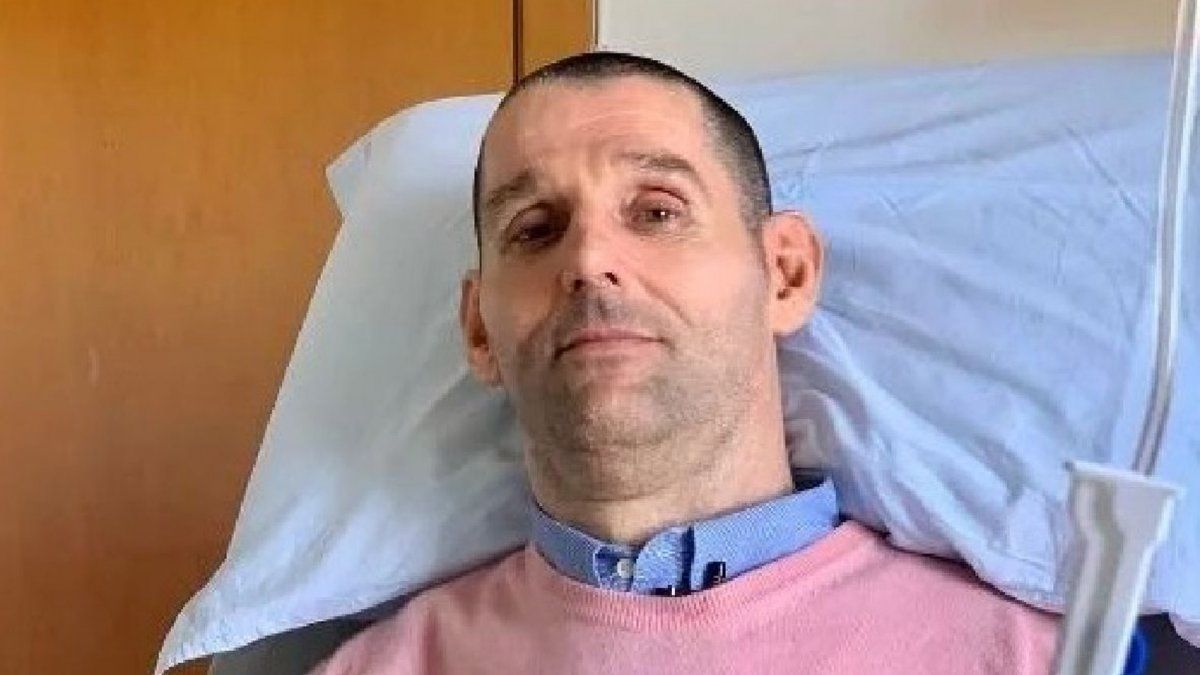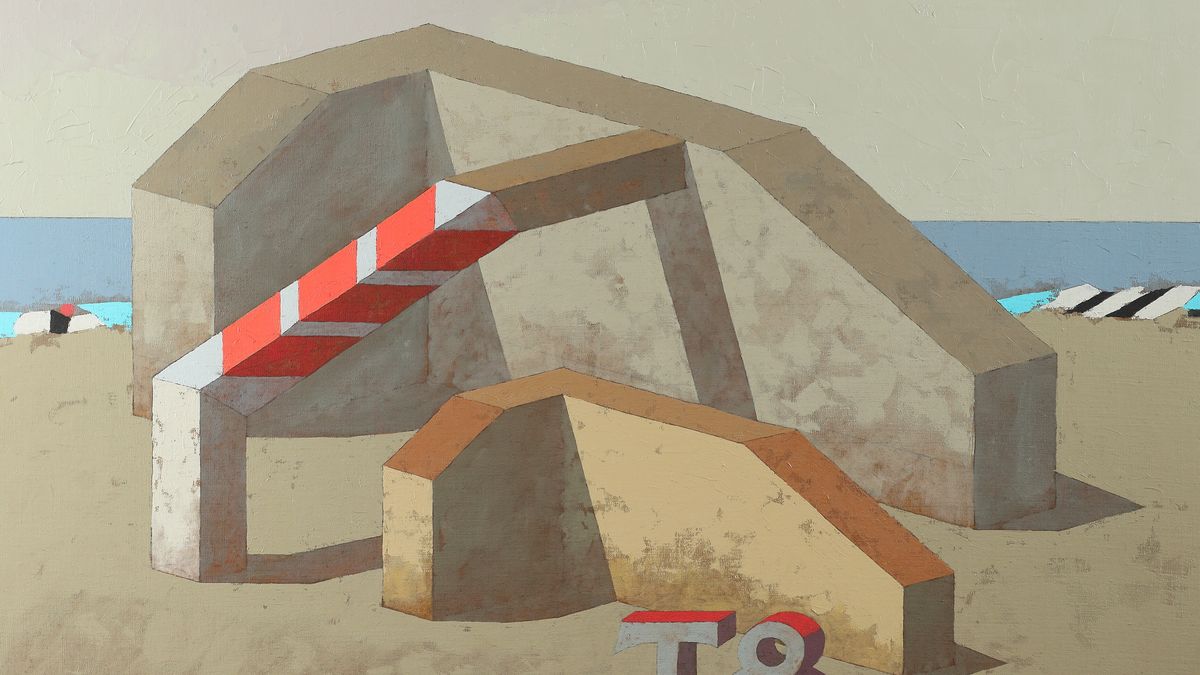“I do not deny that I regret having to say goodbye to life,” Carboni said, quoted by the Luca Coscioni Association, which helped him overcome resistance from the courts and health authorities.
“I did everything I could to live the best possible and try to make the most of my disability. However, I am now on the limit, both mentally and physically,” she added.
The constitutional Court of Italy paved the way for assisted suicide in 2019, in the face of fierce opposition from conservative parties and the Roman Catholic Church. However, he said local health authorities had to review and approve each request.
Some patients seeking authorization have accused the authorities of deliberately dragging their feet.
Carboni finally obtained permission to receive the lethal drugs in November, after winning two lawsuits and overcoming the initial refusal of health representatives.
In its final ruling, an ethics court said that Carboni’s status met the requirements established by the Constitutional Court, which included a chronic and irreversible pathology that causes suffering that the person considers intolerable.
Her case helped galvanize advocates for the right to a dignified death or the rights of euthanasiawho last year collected more than a million signatures to try to force a referendum to make the procedure more accessible.
However, the Constitutional Court rejected the petition, arguing that a vote on the matter would not sufficiently protect “weak and vulnerable” people.
Reflecting the difficulties patients in Italy have in accessing assisted suicide, a quadriplegic man opted this month to undergo deep sedation and discontinue all life-sustaining treatments that ultimately led to his death.
Fabio Ridolfi said that he had decided to do it because his health authority had not supplied him with the lethal drugs, despite the fact that an ethics committee had validated his suicide request.
Assisted suicide has been legal in neighboring Switzerland since the 1940s, an exceptional situation that has made the country what some call a magnet for “death tourism.” The procedure is also legal in Belgium, the Netherlands, Luxembourg and Spain.
Source: Ambito
David William is a talented author who has made a name for himself in the world of writing. He is a professional author who writes on a wide range of topics, from general interest to opinion news. David is currently working as a writer at 24 hours worlds where he brings his unique perspective and in-depth research to his articles, making them both informative and engaging.




